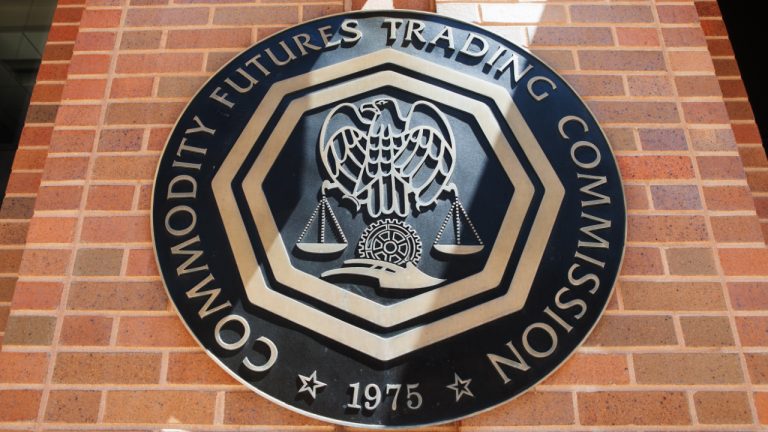
SEC takes action against two meme stock wash traders
The SEC asserts that the defendants unlawfully gleaned more than $700,000 through a wash-trading scheme that targeted exchanges offering market maker rebates. The U.S. Securities and Exchange Commission has filed a complaint against two Robinhood users over an alleged wash-trading-based arbitrage scheme that utilized meme stocks.According to a Sept. 27 complaint, defendants Suyun Gu and Yong Lee took advantage of differing trading fee schedules offered by different retail brokers and exchanges to extract arbitrage while wash-trading.By trading between venues that offer rebates to market....
Related News
The Commodity Futures Trading Commission (CFTC) has fined cryptocurrency exchange Coinbase $6.5 million “for reckless false, misleading, or inaccurate reporting as well as wash trading.” This enforcement action came as Coinbase is getting ready for its initial public offering (IPO) on Nasdaq. CFTC Takes Action Against Coinbase The CFTC announced Friday that it has issued an order settling charges against cryptocurrency exchange operator Coinbase Inc. “for reckless false, misleading, or inaccurate reporting as well as wash trading.” The regulator wrote: The order....
LooksRare aims to be an alternative to OpenSea, but the amount of wash trading on the platform raises questions on whether users really view it as a viable competitor. LooksRare made its debut on Jan.10 and the recently launched NFT marketplace has drawn a lot of attention, not only because its daily trade volumes were more than double Opensea’s on the second day of trading, but also because it has become the new playground for wash traders.Wash trading is a series of trading activities involving the same trader buying and selling the same instrument simultaneously, creating artificially....
Securities and Exchange Commission regulators should move to protect investors from traders who distort the NFT market with manipulative trades — and they probably will soon. Studies show that most people who attempt to wash trade nonfungible tokens (NFTs) are unprofitable. But that doesn’t stop them from trying, which makes it a glaring regulatory and enforcement issue for the industry. In wash trading, manipulators buy and sell an asset between themselves to create the appearance that the asset is in higher demand and, therefore, worth more than it would be otherwise. With NFTs, wash....
The simultaneous purchase and sale of crypto assets is called wash trading. Read this guide to understand the purpose of a wash trade. Why is wash trading a problem for the NFT space?NFT wash trading is a problem for investors, the global community, collectors and traders because these participants use less liquid nonfungible tokens to manipulate the price of an asset.Due diligence has become more difficult as investors have been forced to rely on measurable statistics, making wrong investment decisions. To encourage NFT investments and prevent NFT scams, discrepancies in the data must be....
Findings from Chainalysis shows the NFT space to be prone to wash trading, but most traders are not profiting. Nonfungible tokens (NFT) have taken the world by storm, resulting in mainstream interest and greater adoption of cryptocurrency. According to blockchain analysis firm Chainalysis, NFT popularity skyrocketed in 2021. Chainalysis’ “NFT Market Report” shows a minimum of $44.2 billion worth of cryptocurrency sent to Ethereum smart contracts associated with NFT marketplaces and collections last year. The report notes that this number was $106 million in 2020.While impressive,....





